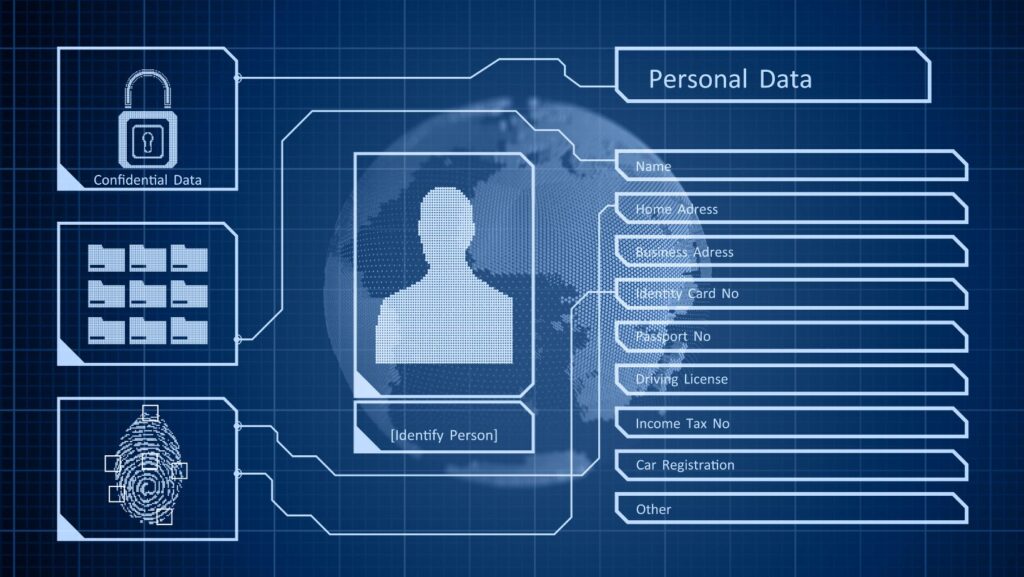The gig economy is no longer a fringe movement—it’s a core part of how the world works today. Millions of freelancers, contractors, and short-term service providers power platforms like Uber, Upwork, Airbnb, and DoorDash. From delivering your lunch to designing your website, gig workers keep the digital economy humming. But as this flexible workforce grows, so does the need for something fundamental: trust. With strangers interacting across platforms, identity verification has become essential for safety, accountability, and smooth transactions. Automated KYC Software For Faster Customer Onboarding can streamline this process, helping platforms verify users quickly without sacrificing security. Whether you’re a gig worker, a customer, or a platform operator, identity verification affects you more than you think.
The Gig Economy Runs on Trust
Unlike traditional workplaces where employers and employees meet face-to-face, the gig economy operates largely in digital environments. A rider books a driver. A homeowner hires a cleaner. A company finds a graphic designer online. These interactions happen between people who often don’t know each other, and in most cases, never will. That makes trust the invisible currency behind every gig transaction. Without it, the whole system can break down.
Trust is built through reliability, reviews, and successful jobs—but before any of that can happen, people need to know who they’re dealing with. Identity verification is the starting point. It tells users that the person behind the profile is real, vetted, and accountable. This gives both clients and workers the confidence to move forward.
Identity Verification Creates Safer Experiences
Safety is one of the most compelling reasons to verify identities in gig work. Gig platforms often facilitate real-world interactions between strangers. Think of rideshare drivers picking up passengers, or home repair professionals entering someone’s house. Without proper identity checks, these interactions can be risky for both parties.

Verification tools help prevent impersonation, fraud, and even physical harm. For example, if a rideshare driver’s identity hasn’t been verified, a passenger could end up in a car with someone who shouldn’t be driving for the platform. On the flip side, a verified customer profile helps protect workers from scams, harassment, or theft. In this way, identity verification creates a safer, more respectful space for everyone involved.
It’s Not Just About Criminal Checks
While background checks are one part of the process, identity verification goes beyond looking at someone’s criminal history. It includes confirming government-issued IDs, using biometric tools like facial recognition, and verifying documents through secure, automated systems. This technology helps platforms onboard new users quickly and accurately, while minimizing the risk of identity theft or fraud.
Automated KYC software is especially valuable in today’s fast-moving gig landscape. Platforms can scale without sacrificing security. Workers can sign up and get started sooner. And customers benefit from knowing they’re dealing with real, verified people. This modern approach to KYC (Know Your Customer) makes the entire system more trustworthy and efficient.
Verification Builds Reputation and Accountability
In the gig economy, reputation is everything. A well-reviewed profile can mean more jobs and better pay. But reputation has to be built on a foundation of real identity. Without verified accounts, fake reviews and ghost profiles can distort a worker’s standing or mislead customers.
Verification holds users accountable. When people know their identities are tied to their actions, they’re more likely to act responsibly. This strengthens the overall community and helps platforms maintain quality standards. Automated KYC Software For Faster Customer Onboarding makes this process efficient and scalable, allowing platforms to verify users quickly while minimizing friction. Verified profiles are less likely to engage in fraudulent or abusive behavior, which benefits everyone on the platform.
A Win-Win for Workers and Platforms
While some may see identity verification as a barrier to entry, it’s actually a tool for empowerment. Verified workers can access more opportunities, especially on platforms that prioritize safety and quality. It also levels the playing field—everyone is held to the same standards from the start.
For gig platforms, identity verification is not just a safety feature. It’s a competitive advantage. Companies that invest in kyc verification software can build stronger user communities, reduce fraud-related costs, and improve brand trust. It signals to both workers and customers that the platform takes their security seriously.
Final Thoughts: Trust Starts with Identity
In a world where a person’s next job, ride, or guest could come from the internet, identity verification is more than just a formality—it’s a foundation. It enables safer connections, faster onboarding, and better accountability across the gig economy. Whether you’re hiring or getting hired, you deserve to know who’s on the other side. And that all starts with verifying identity, the smart and responsible way.


